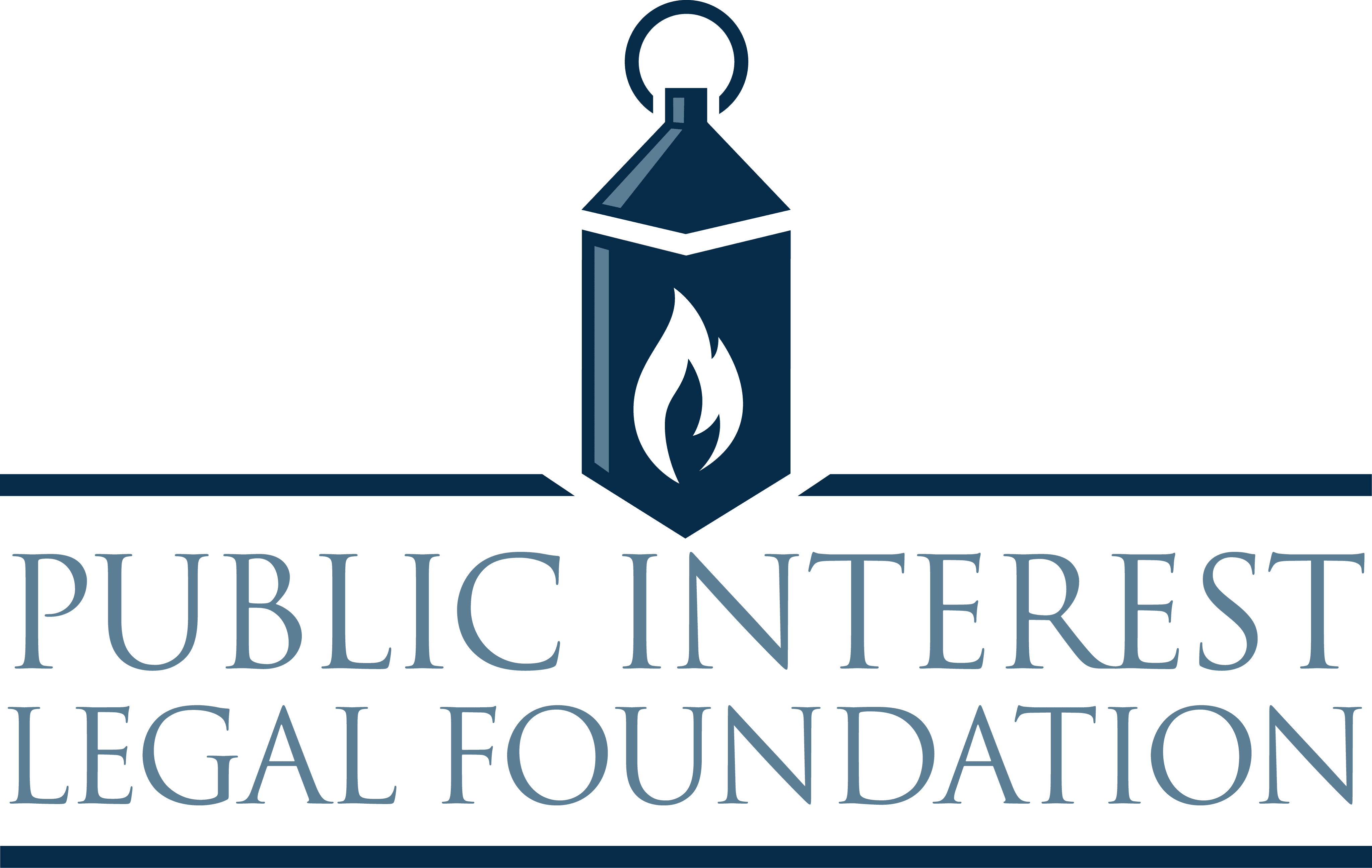BISMARCK, N.D. (AP) — A North Dakota county election official is suing the state’s election director to block the counting of mail-in ballots received after Election Day in a lawsuit filed by a conservative group that also brought lawsuits amid former President Donald Trump’s false claims of election fraud in 2020.
An election law expert says the Public Interest Legal Foundation appeared to be “court-shopping” for a conservative circuit with its case, which seeks an injunction against the election director for enforcing the state’s laws.
Burleigh County Auditor Mark Splonskowski, who was elected last fall, alleges he “is harmed by instructions to accept and cast ballots received after Election Day,” and that “because federal and state law conflict on the day the ballots must be turned in, he faces an impossibility in enforcing the law,” according to a complaint filed Wednesday in federal court.
“Despite federal law assigning one day as Election Day, North Dakota law allows ballots to arrive and be counted up to 13 days after Election Day,” the complaint states.
The U.S. Constitution gives states the authority to decide how their elections are run.
Splonskowski claims he risks criminal penalties “if he chooses incorrectly” which law to enforce.
North Dakota law allows mailed ballots received after Election Day to be counted by county canvassing boards, which meet 13 days after the election, but those ballots must be postmarked before the election’s date.
The foundation in 2020 brought voting-related lawsuits in Pennsylvania and Arizona amid Trump’s claims of election fraud.
“Election Day has ceased to be a day,” Foundation President J. Christian Adams said in a statement. “Instead, we have election month because states accept ballots that arrive days and even weeks after Election Day. Not only does this lead to distrust and chaos in the system, but it also violates federal law. PILF is fighting to end this lawlessness and restore the day in Election Day.”
Adams was a member of Trump’s voting integrity panel that investigated the 2016 election for fraud.
University of California Los Angeles law professor and election law expert Rick Hasen in an interview said the lawsuit is “kind of a roundabout way of attacking not having full results on Election Day, so it very much ties into Trump’s unsupported claims about the (2020) election.”
Splonskowski said in an interview the lawsuit has nothing to do with 2020. He said the foundation reached out to him “and told me that there were some concerns” about North Dakota’s law.
“What I am trying to do is be proactive and trying to ensure that future elections are as secure as possible and try to do anything I can proactively to ensure that our elections are secure and bolster public confidence in our election system,” he told The Associated Press.
“I think that so long as a state is intending to accept ballots that have been cast by Election Day that it likely does not violate federal law to count ballots that arrive after Election Day, but I’m not aware of any court that has squarely addressed the issue,” Hasen said.
State Election Director Erika White did not immediately respond to a phone message for comment on the lawsuit.
The foundation is “a so-called voter integrity group” that pushes lawsuits “aimed at what they say will make a more secure election but that often seem to be geared towards making it harder for people to register or to vote,” according to Hasen.
West Fargo-area attorney David Chapman is the group’s local counsel. He referred questions to the foundation’s media contact.
The foundation appears to have been looking around North Dakota for potential parties for its case.
McKenzie County Auditor/Treasurer Erica Johnsrud said in an interview that foundation representatives met with her on June 1, “looking for parties to join this potential litigation.”
Johnsrud declined to join the case. “I believe North Dakota has great election laws in place, and we have a great relationship with the secretary of state’s office, and it just didn’t feel it was in the best interests of my county or my citizens,” she said.
Bowman said the foundation “met with several state and local officials before filing this case” and that it filed in North Dakota “because the state’s 13 days of accepting ballots is one of the longest election extensions in the country.”
“This case is about North Dakota,” she said when asked if a national injunction is the foundation’s goal with the case.
Hasen, the election law expert, said the U.S. Eighth Circuit, a seven-state court that includes North Dakota, “is a pretty conservative court” compared to more liberal, neighboring courts. District Judge Dan Traynor, a Trump appointee, is handling the case.

